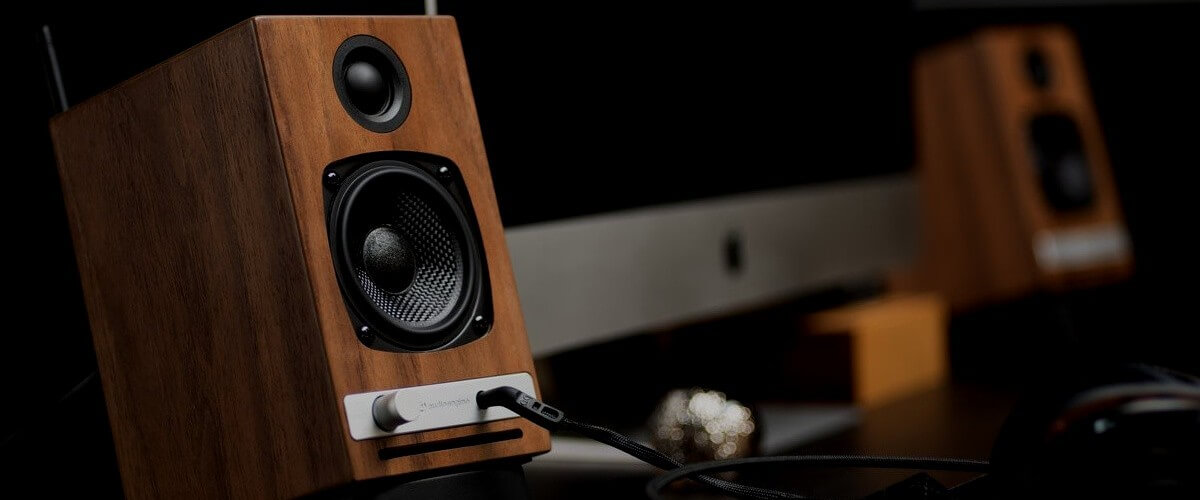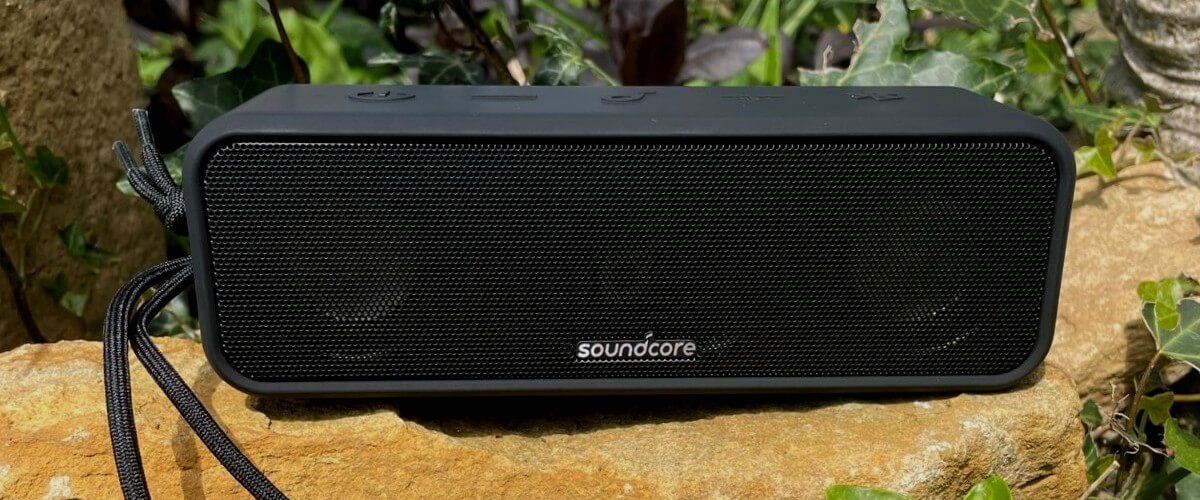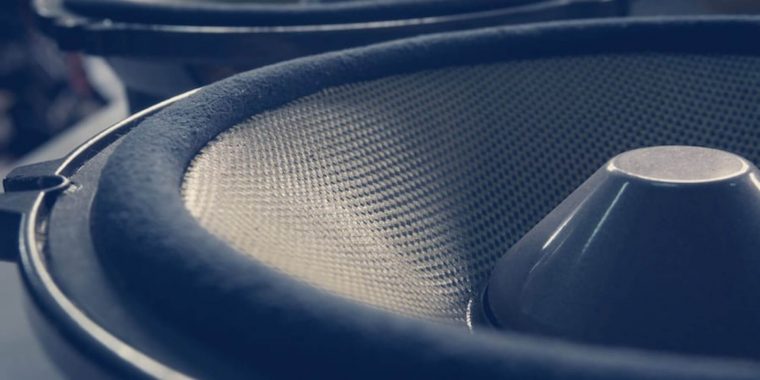Speakers are an essential part of any audio system, yet they are often taken for granted. It’s easy to forget that speakers can sound different depending on the quality of the components used to make them. In this blog post, we’ll explore a few reasons why speakers may sound worse over time. Understanding these causes can help ensure that your speakers always sound their best.
Speaker sounds muffled
If your speaker sounds muffled, it could be because of dust contamination. Dust can accumulate on the speaker’s surface and interfere with the sound waves coming from the speaker. It will cause a loss of fidelity in the audio and make the speaker sound muffled. Another possibility is that the amplifier in your speaker has become weak over time. It can happen if the speaker is used frequently or if it’s been exposed to extreme temperatures.
If you think dust might be the problem, you can try cleaning the drivers with a soft cloth. If that doesn’t work, you may need to replace the drivers or the amplifier.
Speaker sounds distorted

If your speaker sounds distorted, it might be because of physical damage to the speaker. However, it can be caused by many things, such as people being careless with it or exposing it to extreme temperatures. When the speaker is damaged in this way, you might hear a distorted sound or crackling and popping when the volume is turned up high.
One possibility is that the electronics inside the speaker have degraded over time. It is most likely to happen in amps and mixers that use vacuum tubes. As the vacuum tubes age, they can become less effective at amplifying the signal. It can result in a loss of power and clarity in the audio.
Speaker has popping sounds
It’s frustrating when you’re trying to listen to your favorite song or movie with random blips throughout the track. These noises can start small but can worsen if you don’t do anything about them. There are a few reasons why your speaker might be making popping sounds.
Speaker not loud

One possible reason your speaker isn’t as loud as it used to be is that the drivers have become worn out. The drivers produce the sound from your speaker, so the sound quality will suffer if they’re damaged. Besides, damage to the wires resulted from bending and chafing and breakage of the body of equipment and speakers. Poor connection through laptop connectors or poor pairing through the Bluetooth system. The lack of necessary files and drivers to open the application with music playback through speakers. Damage to microcircuits and boards in speakers, damage to the audio card.
Speaker has no sound at all
If your speaker has no sound at all, the first thing you should check is the power supply. Ensure the speaker is plugged into an outlet and the power switch is turned on. The problem might be with the amplifier or the drivers if the speaker still doesn’t work.
How to solve a problem?
If you have a problem with your speaker, you should first identify the cause. Once you know what’s causing the problem, you can take steps to fix it:
- Clean the equipment, and if moisture gets inside, dry the column. Periodic preventive cleaning is recommended.
- After that, check the sound settings and the set volume. To do this, click on the speaker buttons or the speaker icon on the laptop.
- If this does not help, go to the control panel, go to the sound section and check the compatibility of the drivers and their version.
- If everything is set correctly in the software settings, proceed to inspect the appearance. First of all, pay attention to the wires.
- If possible, fix minor defects yourself. If this is not possible, contact a specialist.


 Hack The Curry 5 may earn a portion of sales from products that are purchased through our site as part of our affiliate partnerships with retailers.
Hack The Curry 5 may earn a portion of sales from products that are purchased through our site as part of our affiliate partnerships with retailers.